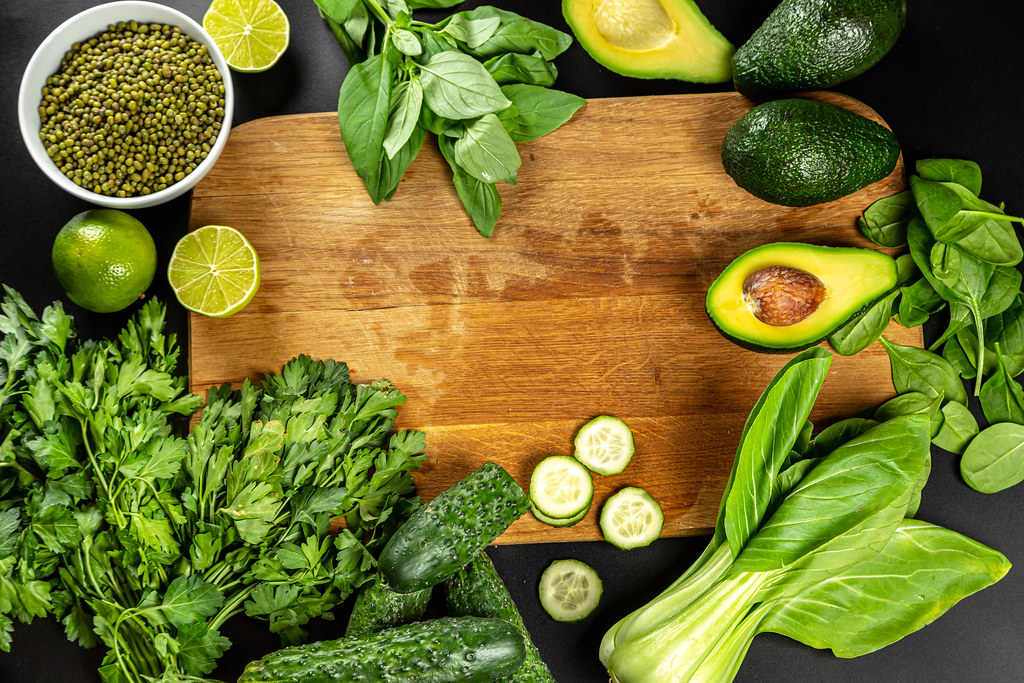Top 7 Zinc-Rich Vegetables for a Healthy Garden – If you are looking to grow a healthy and sustainable garden, incorporating zinc-rich vegetables is an excellent way to do so. Zinc is an essential mineral that plays a vital role in plant growth and development. Not only is it essential for plants, but it also offers numerous benefits to humans and the environment.
In this article, we will explore the top 7 zinc-rich vegetables that you can grow in your garden, as well as tips on how to grow them successfully.
Top 7 Zinc-Rich Vegetables for a Healthy Garden
Benefits of Zinc-rich Vegetables
Before we dive into the top 7 vegetables, let’s discuss the benefits of incorporating zinc-rich vegetables into your diet and garden.
Benefits to Humans
Zinc is an essential mineral that our bodies need to function correctly. It plays a critical role in our immune system, cell growth, and wound healing. Zinc deficiency can lead to various health problems, such as slow growth in children, delayed sexual maturation, and a weakened immune system.
Benefits to the Environment
Zinc is also essential for the environment. It helps plants grow and thrive, which promotes a healthy ecosystem. Additionally, zinc is often found in wastewater and can be harmful to aquatic life. Growing zinc-rich vegetables can help reduce the amount of zinc in wastewater and promote a healthy aquatic environment.
Top 7 Zinc-Rich Vegetables for a Healthy Garden
Now, let’s explore the top 7 zinc-rich vegetables that you can grow in your garden.
1. Spinach
Spinach is a popular leafy green that is high in zinc. It is easy to grow and can be used in a variety of dishes, such as salads, smoothies, and stir-fries.
2. Broccoli
Broccoli is another zinc-rich vegetable that is easy to grow in a garden. It is also high in other essential vitamins and minerals, such as vitamin C and fiber.
3. Brussels Sprouts
Brussels sprouts are a cruciferous vegetable that is rich in zinc and other essential nutrients. They are easy to grow and are a great addition to any garden.
4. Asparagus
Asparagus is a nutrient-dense vegetable that is high in zinc, fiber, and vitamin C. It is also easy to grow and can be used in a variety of dishes.
5. Mushrooms
Mushrooms are a great source of zinc and are easy to grow in a garden. They also offer numerous health benefits, such as improving immune function and reducing inflammation.
6. Kale
Kale is a leafy green that is high in zinc and other essential nutrients, such as vitamin A and fiber. It is also easy to grow and can be used in a variety of dishes.
7. Peas
Peas are a great source of zinc and can be grown in a garden or in a container. They are also high in fiber and protein, making them a great addition to any diet.
How to Grow Zinc-Rich Vegetables
Now that we have explored the top 7 zinc-rich vegetables, let’s discuss how to grow them successfully.
Soil pH Level
The first step to growing zinc-rich vegetables is to ensure that the soil pH level is between 6.0 and 7.5. Zinc is more readily available to plants at a slightly acidic to neutral soil pH. You can test your soil pH level with a soil testing kit and make any necessary adjustments.
Fertilizer
Zinc is often deficient in soil, so it is essential to fertilize your garden with zinc-rich fertilizer or incorporate compost into your soil. Organic fertilizers, such as manure, are also a great source of zinc for your garden.
Watering
Proper watering is crucial for growing healthy and nutrient-rich vegetables. Make sure to water your garden regularly and evenly, avoiding overwatering or underwatering. Zinc is also more available to plants in well-drained soil, so ensure that your soil has good drainage.
Conclusion
Incorporating zinc-rich vegetables into your garden is an excellent way to promote a healthy ecosystem and provide numerous health benefits to humans. The top 7 zinc-rich vegetables that we have discussed, including spinach, broccoli, and asparagus, are easy to grow and offer a variety of uses in the kitchen. By following the tips on how to grow them successfully, you can enjoy a bountiful and nutrient-rich garden.
FAQs
- What are the benefits of zinc for the human body?
- Zinc is essential for the immune system, cell growth, and wound healing. It also supports healthy metabolism, digestion, and brain function.
- Can I get enough zinc from my diet alone?
- It is possible to get enough zinc from a balanced diet that includes zinc-rich foods. However, some people may require zinc supplements or fortified foods to meet their daily needs.
- Can I grow zinc-rich vegetables in a container?
- Yes, you can grow zinc-rich vegetables in a container, as long as the container is large enough and has good drainage.
- How often should I water my zinc-rich vegetables?
- Zinc-rich vegetables require regular and even watering, but avoid overwatering or underwatering. Watering frequency may vary depending on climate and soil type.
- How can I test my soil pH level?
- You can test your soil pH level with a soil testing kit, which is available at most garden centers or online.




